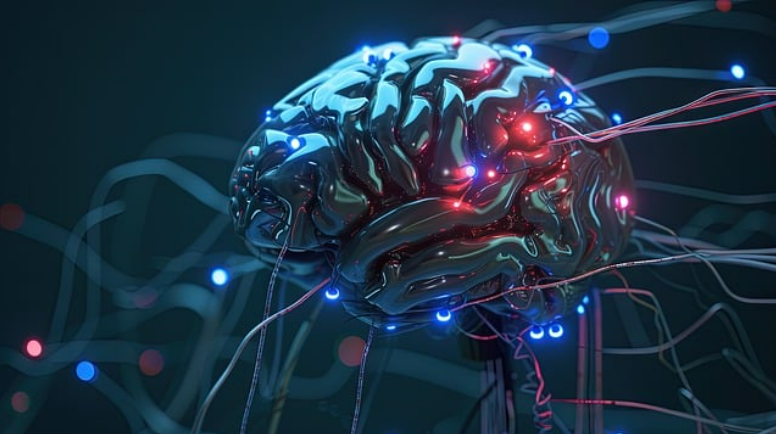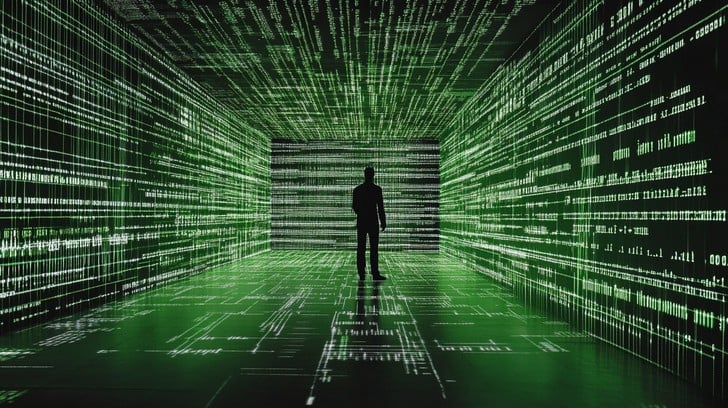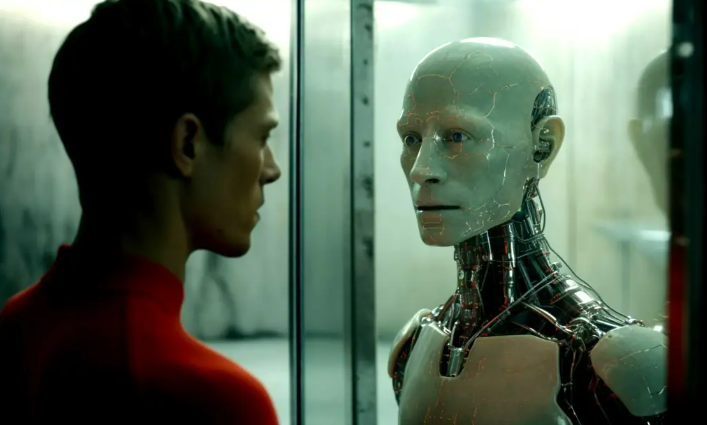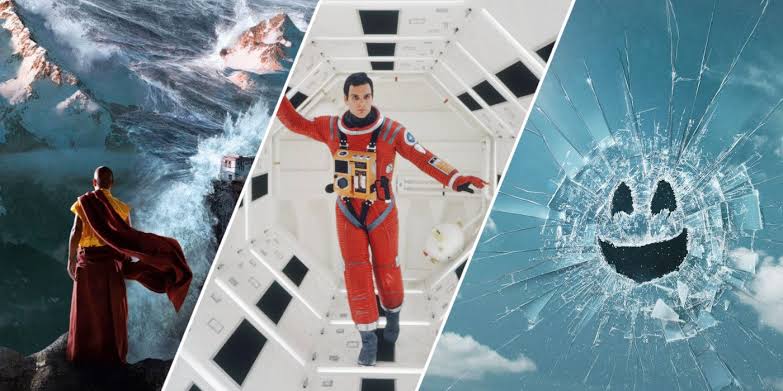Neural Uprising: Are We Entering a New Phase of Human Consciousness?

From neural implants to AI-simulated memories, are we entering a new era where consciousness is no longer limited to biology? This post explores how evolving technology is quietly reshaping what it means to be human.
Introduction: The Quiet Revolution in Our Heads
The next great technological leap might not be on your wrist or in your pocket—it might be in your mind.
Neural implants, brain-computer interfaces (BCIs), and memory-enhancing AI systems are slowly laying the foundation for a seismic shift in human consciousness. This isn’t science fiction anymore—it’s science under construction. And with every breakthrough, the line between biological mind and synthetic intelligence becomes blurrier.
We’re not just building smarter machines. We’re building smarter humans.
Neuralink, BCIs, and the Era of Thought-Tech
Elon Musk’s Neuralink is often the face of this transformation. While still in early testing, its core goal is simple but revolutionary: enable direct communication between the brain and machines. If successful, this could:
-
Restore lost motor functions
-
Enhance memory
-
Merge human thought with AI systems
-
Create shared neural environments (like local brain networks)
These technologies challenge the assumption that the brain is sacred, private, and sealed. Instead, consciousness might soon be programmable—a dataset, a node on a network, a stream of modifiable code.
What Pantheon Got Right
The animated series Pantheon dives deep into the idea of consciousness upload. Its characters are "uploaded intelligences"—humans whose minds live digitally after death. At first glance, it feels like sci-fi. But if companies are already mapping neural pathways, how far are we from preserving them?
Pantheon dares to ask: if your thoughts, memories, and personality can be digitized, does your “self” survive the upload? Or are we creating a new entity altogether—one that looks like you, remembers like you, but no longer is you?
Cognition as Code
Consider how we already use memory-enhancing tools. From Google Search to AI co-pilots, we increasingly outsource cognitive functions. What happens when these tools become implants instead of interfaces?
Are we still thinking, or are we becoming part of a larger neural cloud?
Philosophers call this extended mind theory—the idea that our minds include external tools like phones, journals, or search engines. But with neural tech, these extensions aren't just accessories—they’re integrations.
Consciousness Beyond Flesh
The concept of post-biological consciousness suggests a phase of evolution where the mind outlives the body. This isn’t just about immortality—it’s about adaptability. Biological evolution is slow. Cognitive evolution—via tech—is fast.
Shows like Upload, Pantheon, and Devs speculate not only on how this might happen, but why: because humanity’s survival might one day depend on adapting consciousness to radically different environments—digital, space-bound, or artificially constructed.
Ethical Earthquakes Ahead
With every advance in neural tech, we're faced with profound questions:
-
If thoughts can be read, who owns them?
-
If minds can be copied, can they be deleted?
-
Can two versions of "you" coexist?
-
What is the legal status of a synthetic person with your memories?
These aren’t academic hypotheticals—they’re blueprints for our next legal systems, religious paradigms, and social contracts.
Conclusion: The Inner Frontier
Human evolution was once about opposable thumbs, walking upright, or discovering fire.
Now, it’s about consciousness.
We’re beginning to upgrade, augment, and even redesign the most sacred part of being human—our inner world. The uprising isn’t happening in the streets. It’s happening in silence, inside skulls, one neural interface at a time.
The real singularity won’t come from machines overtaking humans. It’ll come from humans slowly becoming something else entirely.






Comments (0)
Please login to leave a comment.